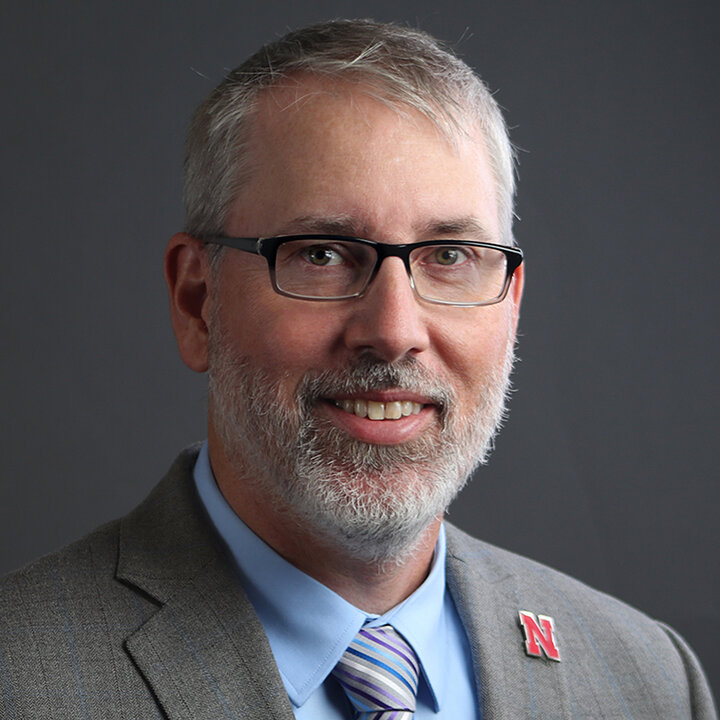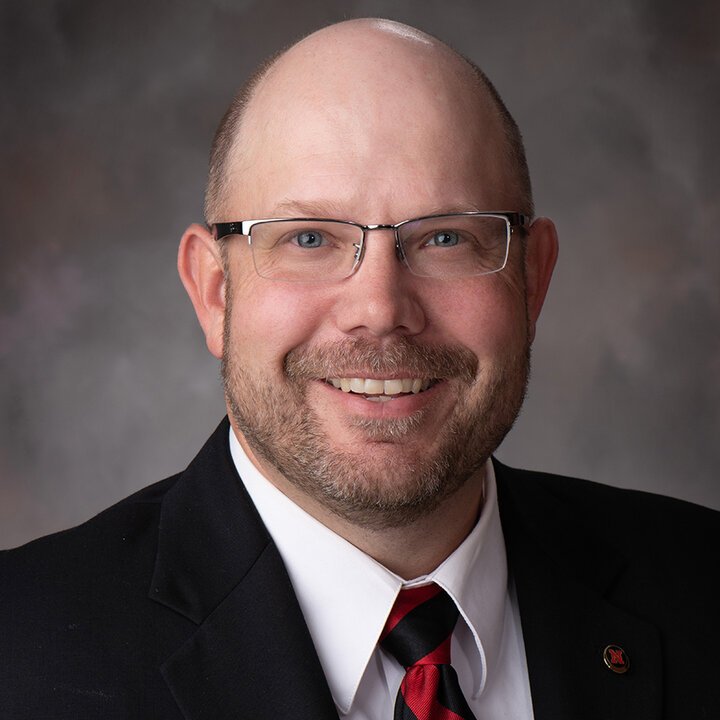The Timmerman Feedyard Management Internship is a nationally renowned feedyard management training program, exclusive to University of Nebraska-Lincoln, which has been producing feedyard management and industry leaders since 1988. The internship trains students through comprehensive feedyard management classes and with real world experiences in high caliber feedyards.
This program is designed for students interested in pursuing a career in beef feedyard management or other related agribusiness areas. The purpose of the internship is to train undergraduate students in the area of feedyard management to fill the growing need for trained, responsible individuals who can enter into management positions in feedyards.
There is no direct cost to the student to participate in the internship, with tuition paid by the Nebraska Cattlemen and from the Timmerman Endowment Fund. Students receive financial compensation for their time spent working in the feedyard, and thus students should treat the internship as a job and realize they have a commitment to the feedyard to earn their wage. Salary during the internship is agreed upon by the intern and feedyard; the class coordinators have no part in determining salary.
More information regarding other financial commitments such as housing suring the internship, can be found in the "Application and Financial Information" link below.
Participating Internship Feedyards
A major advantage in participating in this internship is the caliber of feedyards to which students are exposed. Students who enter the internship will be sent to top quality, progressive feedyards who believe in the program. Students have participated in internships in various states including Kansas, Texas, South Dakota, and others, but most students are placed in Nebraska feedyards. Many individuals who participated in the internship and now manage feedyards are hosts to interns. Because these feedyards believe in the program, students are exposed to all areas of the feeding business and are able to spend time with experts in the feedyard.
Examples of participating feedyards in recent years include:
- Adams Land & Cattle – Broken Bow, NE
- Cargill Cattle Feeders – Leoti, KS
- Craig Cattle Co. – Craig, NE
- Darr Feedyard – Cozad, NE
- Dinklage Cattle Feeding – Broadwater, NE
- Hi-Gain Feedyard, Inc. – Cozad, NE
- Holland Feeders – Wisner, NE
- McClymont Feed Yard – Holdredge, NE
- Mead Cattle Co. – Mead, NE
- NA Timmerman, Inc. - McCook, NE
- Rhea Cattle Co. – Arlington, NE
- Roberts Cattle Co. – Lexington, NE
- Winner Circle Feedyard – Minatare, NE and Winner, SD
The feedyard benefits from the program as well because they are hosting enthusiastic young people who are interested in the feeding industry. If the feedyard and intern have a good working relationship at the end of the internship, a job offer is often extended to the intern (this is not guaranteed by the internship and is strictly between the feedyard and intern).
"The Feedyard Management Internship gives students intensive broad based exposure to all areas of the feedyard. We structure the students time with us with the idea of giving them experience in every department. We participate in the internship to have access to bright young individuals who learn rapidly, and who will stay with us or will become long term contacts in the industry."
- Jeff Rudolph, Hi-Gain Feedyard, Inc. manager
Internship Timeline & Structure
The internship is designed to begin following the spring semester when students graduate with their undergraduate degree, and end just before Christmas so students are able to take a job beginning in January. It is designed for students to enter upon or near the completion of their undergraduate degree in Animal Science, Agribusiness, or a related major. Ideally, students should have had classes in livestock management, feed formulation, accounting, agricultural marketing, and agricultural finance. Students will submit an application prior to the end of fall semester and go through a screening process.
The internship is broken into three segments with the sessions being discussions rather than lectures and students are able to interact with experts in the area they are discussing. The pre-internship session occurs on the University of Nebraska-Lincoln campus beginning near the end of May to provide basic knowledge pertaining to the feedyard industry. Students interact with specialists in feedyard management and nutrition, animal health, economics, and personnel management. The second portion of the internship occurs when students go to their host feedyards to experience firsthand how professionals utilize the principles students learned in the pre-session. During the third portion, students return to Nebraska for two weeks to discuss their experiences with each other and the experts they were exposed to during the pre-session.
Pre-Internship Seminar at University of Nebraska-Lincoln:
- Six weeks beginning Tuesday following Memorial Day
- Topics include:
- Personnel management
- Nutrition
- Feedyard management decisions
- Animal Health
- Waste Management
- Economics
* Housing available for Pre-Internship Seminar
Internship at Commercial Feedyard:
- July-Early December
- Work full-time in a commercial feedyard learning:
- Animal health, nutrition, office, feed mill, manure management
- Possibility to engage with feedyards consulting nutritionist, consulting veterinarian, cattle buyers, feedyard management
Post-Internship Seminar at University of Nebraska-Lincoln:
- First two weeks of December: Integration of internship with pre-internship seminar
- Student reports on internship
- Personnel management
- Feedyard management
*** At the conclusion of the Internship, some students have received job offers from their respective feedyard or may receive assistance in securing feedyard management employment. Job offers are strictly between the feedyard and intern.

